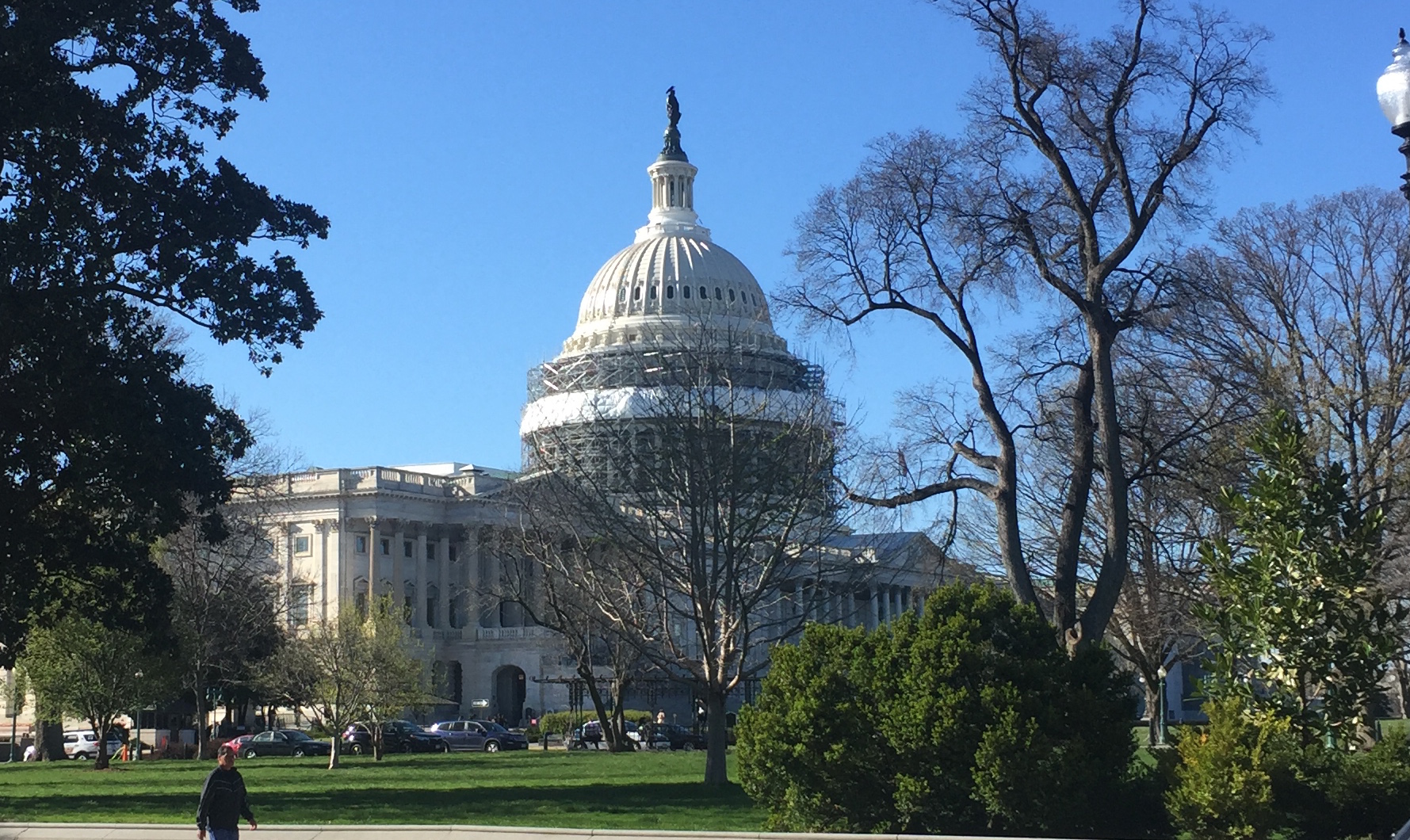WASHINGTON – Foreign students graduating from U.S. colleges are joining their American classmates in flooding employer inboxes with resumes. But they know they are at a disadvantage – they can only work for a year before the employers would have to pay to sponsor them on H1-B work visas.
International students attend American colleges by obtaining F-1 visas that last the duration of their academic program. Upon completion, the graduates may apply for Optional Practical Training visas that extend their stay for up to 12 months. After that, it is up to U.S. employers to spend the $5,000 required to sponsor an H-1B visa that would allow the new hire to gain legal residence.
Maria Vallenilla, a recent graduate from George Washington University has her OPT visa, which is intended to allow the foreign students to gain practical skills and apply for work. Of the 40 jobs for which Maria has applied in the past two months, she has only heard back from a few.
Vallenilla, a Venezuelan national, wants to work in the U.S. to escape the volatile political climate in her home country, where she worked as a lawyer. Three weeks ago she graduated from George Washington University with a masters degree in International Development and a growing network of professionals to help in her job search.
“It was a strategic decision to come to the states,” Vallenilla said. “The economy is getting better since the 2008 economic crisis, but I knew with so many visa restrictions, it would be hard for me to get a job as an international student.”
Her strategy for finding a job has changed over the months of her search. Initially, she used her full name, including the pronunciation accents. But she noticed that when potential employers detected a foreign name, they would move on immediately.
“They would ask two questions,” said Maria. “Can you legally work in the US, and would you require a H-1B visa sponsorship in the future? So basically the system rules you out.”
Losing the talent – and tax revenue – from foreign students hurts the American economy, according to a study by the Chicago Council for Global Affairs. The top 10 states with international students are losing out on $8.30 billion in wages and $238 million in income tax because students aren’t transitioning to work in local economies after graduation, the study said.
“From the perspective of long-term competitiveness, [this is] a serious issue,” said Sara McElmurry, an immigration policy expert at the council and co-author of the study. “We’ve invested in these students’ education with our tax dollars at public universities — makes sense to retain them to reap the return on that investment.”

